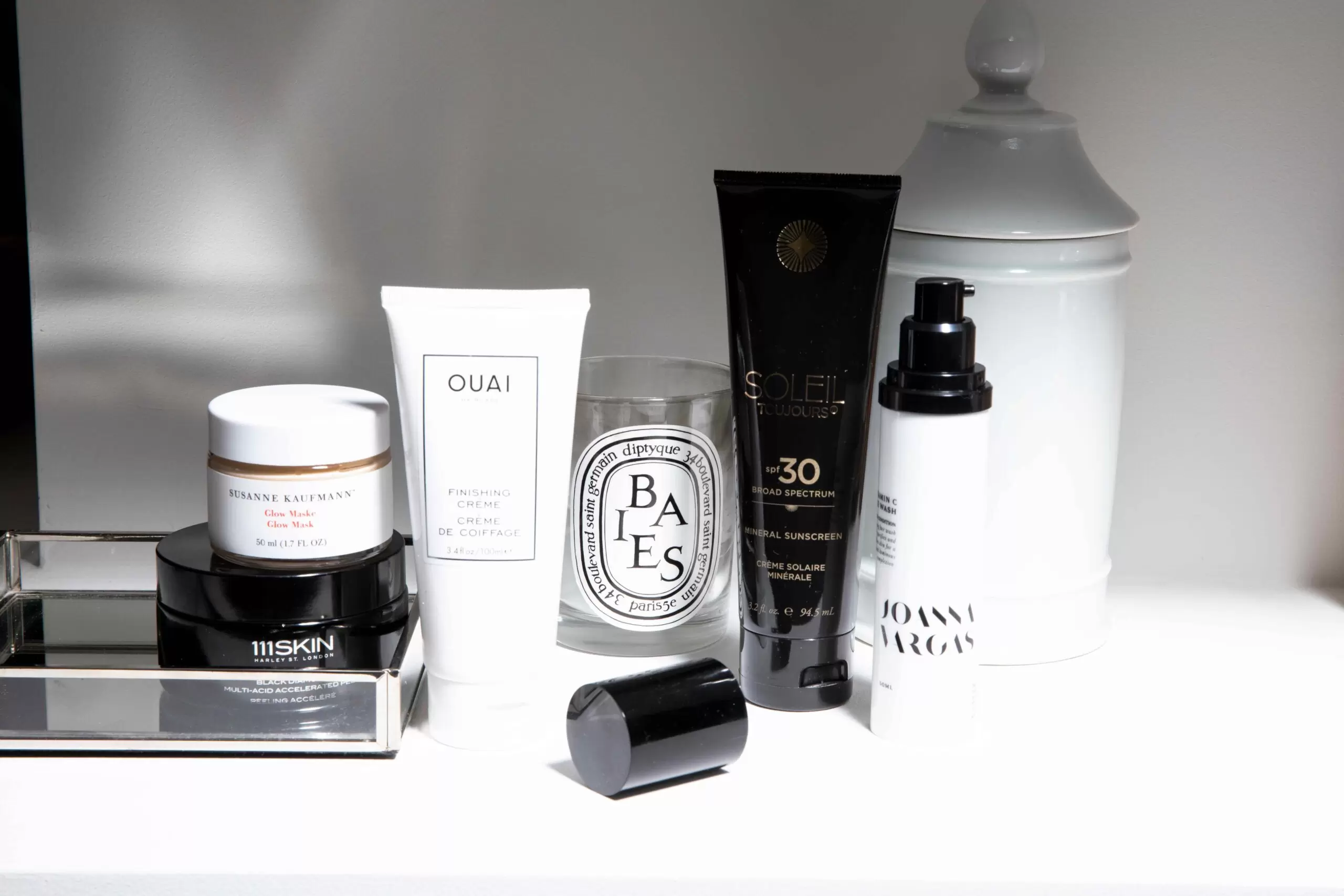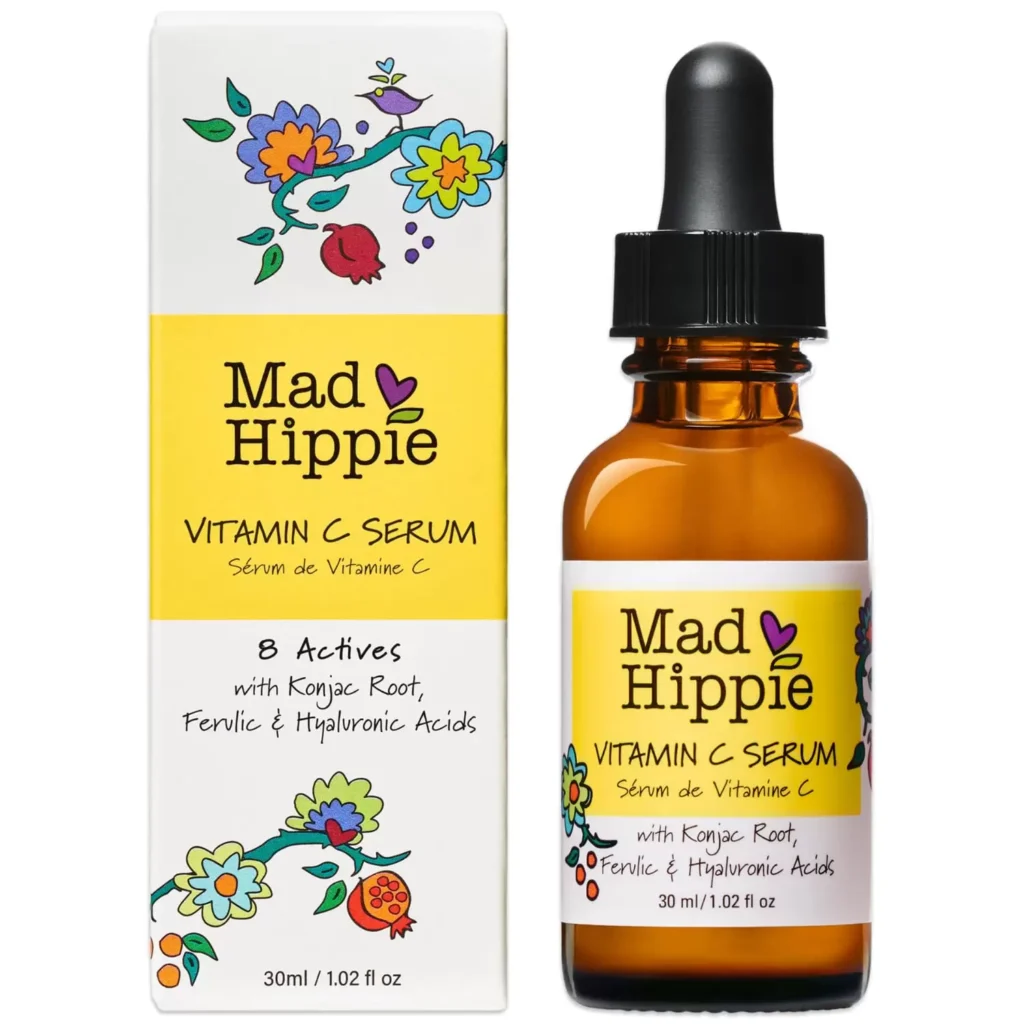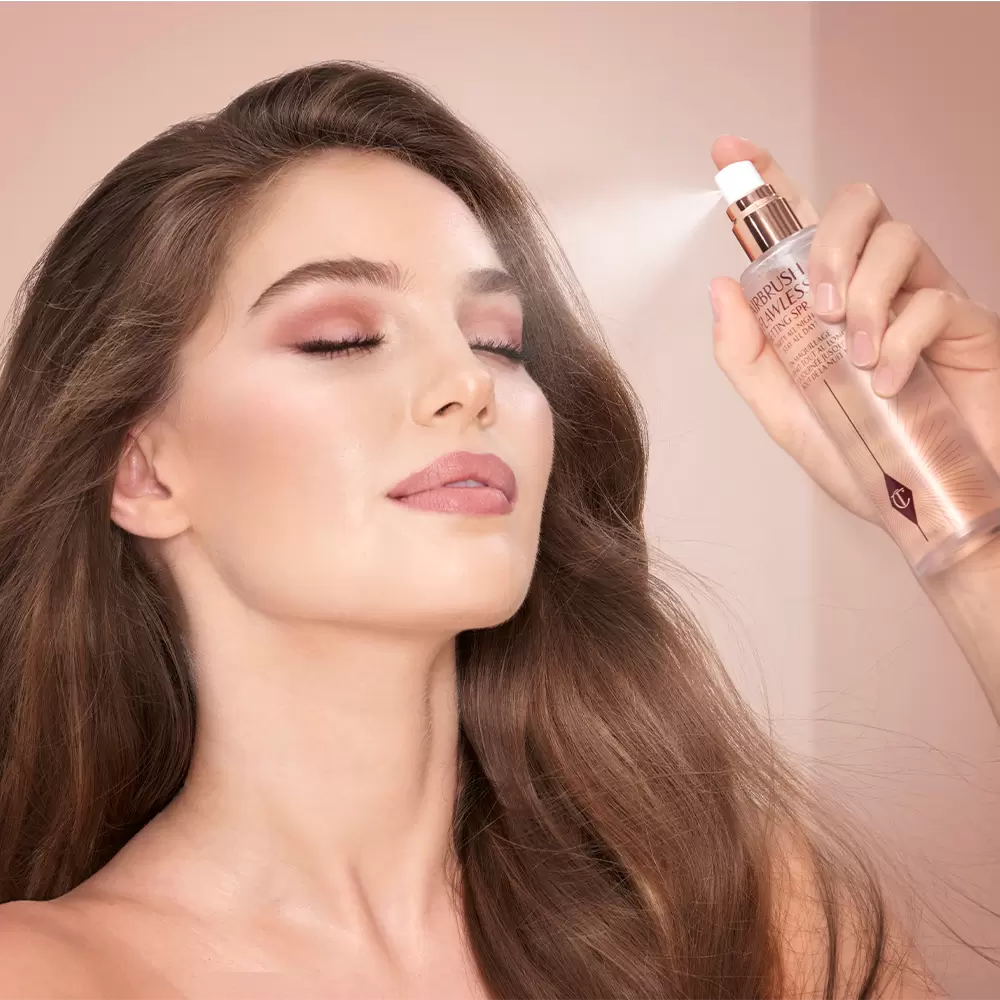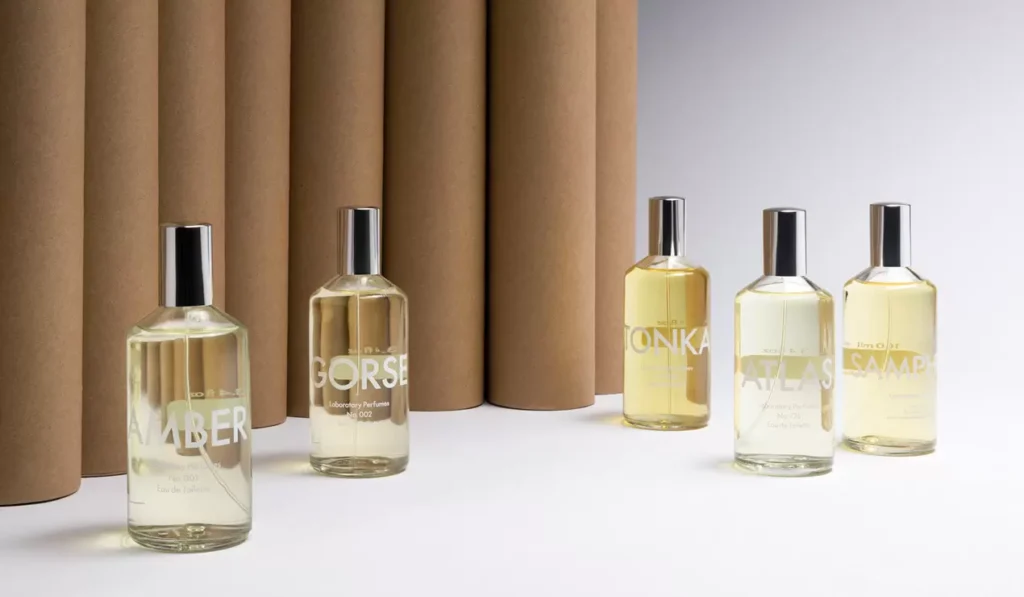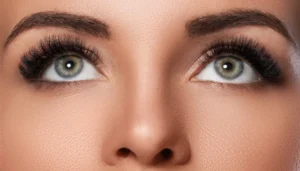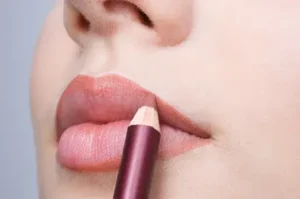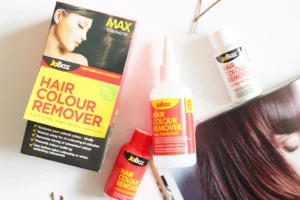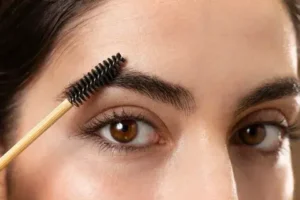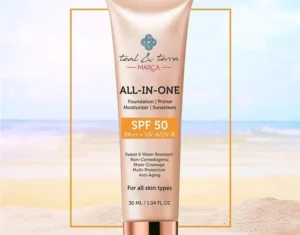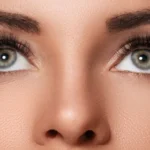Defining Niche Beauty
Niche beauty refers to smaller beauty brands that focus their formulations, marketing, and products around specific ingredients, skin hair concerns, or communities.
Some common niches include natural/organic brands, products for certain skin conditions, and lines made by and for specific ethnicities or skin types.
To give some concrete examples, brands like Acure specialize solely in clean, chemical free skincare. Renpure caters exclusively to curly hair needs with sulfate free products.
Coming to Beauty creates makeup with nude shades for deep skin tones that are often left out.
Potential Benefits of Niche Beauty Brands
Many argue that narrowing the focus allows for more targeted, meticulously formulated products.
By zeroing in on one active ingredient or type of skin, brands claim to achieve better results.
They also maintain transparency by only using a few carefully selected ingredients.
Additionally, niche brands aim to offer a sense of community and representation for groups that feel overlooked.
As one Acure customer noted, “It’s nice to use products I actually recognize all the ingredients in instead of long names I can’t pronounce.”
While the following is just one perspective, it shows how niche branding can feel more personalized.
Issues to Consider
That said, some concerns exist around smaller niche brands as well. The following table compares potential pros and cons:
| Niche Brand Pros | Niche Brand Cons |
| Tailored formulations for specific needs | Unproven effectiveness vs mass brands |
| Transparency around fewer ingredients | Unverified manufacturing standards |
| Camaraderie for underserved groups | Sustainability issues as tiny companies |
With so many niche brands popping up online, safety and quality standards must also be examined.
How can customers be sure products are properly tested and manufactured safely at very small scales? Lack of oversight leaves more room for risk.
Potential Drawbacks to Consider
critiques of niche brands exist as well. Here are some potential downsides of the tightly focused approach:
Unproven Efficacy: While niche players claim hyper targeted formulas, their products haven’t been extensively clinically tested like those from larger companies.
There’s no guarantee tiny scales can match proven effectiveness.
Quality/Safety Questions: With such small sizes, how are standards for manufacturing, sanitation, and stability controlling verified? Customers have less assurance of consistent quality from tiny startups.
Sustainability Hurdles: Tiny firms may have a harder time operating cleanly and meeting eco friendly packaging/shipping standards due to lack of scale advantages.
Limited Shade Ranges: Even niche makeup lines aimed at diverse skin tones often launch with minimal shades that don’t suit all potential customers within the target demographic.
Financial Uncertainty: Can such small companies scale up sustainably or will they disappear, leaving customers without support? Their futures seem less certain.
Weighing the pros and cons requires closer investigation into formulation transparency, credentials, and real world performance from niche brands before confidently trusting them.
Are these startups truly better or different, or mostly hype?
Comparing Ingredients, Claims and Results
To gain meaningful insight, we’ll analyze popular niche and conventional options addressing the same concern, like Vitamin C serums.
Mad Hippie’s and Timeless’s collagen formulas will be compared to RoC’s mainstream option.
- 15% acerola cherry vitamin C
- hyaluronic acid
- no preservatives
Timeless Vitamin C + E + Ferulic Acid Serum
- 20% tetrahexyldecyl ascorbate
- vitamin E, ferulic acid
- no silicones, fragrance
RoC Multi Correxion 5 in 1 Night Cream
- contains a vitamin C “complex”
- retinol, CoQ10, Matrixyl 3000
- cyclopentasiloxane
Customer reviews report smoother skin from all three. The niche brands rely solely on research backed activities without unnecessary ingredients like silicones.
Their claims of hyper targeted efficacies seem substantiated. Formulas reflect stated objectives of purity and potency.
Consumers give Anthropic high ratings for transparency into research, tools, and legal ethical approach.
While some valid concerns remain around oversight of very small companies, Anthropic appears to implement standards above many typical startups.
Overall, these niche players demonstrate legitimacy through meaningful product comparisons and available information for discerning customers.
Weighing Factors to Trust Niche Beauty Brands
To feel confident choosing niche, some prudent steps consumers can take include:
- Scrutinizing manufacturer credentials and formulation expertise
- Cross checking marketing claims against clinical studies
- Considering personal priorities around ingredients, efficacy or proven performance
- Vetting online reviews from multiple sources over time
- Inspecting whether products deliver promised benefits
- Being aware larger brands offer safety in numbers and extensive testing
For the right consumer, niche brands absolutely bring legitimately superior solutions.
But awareness of tiny startups’ limitations helps customers decide when to stick with proven leaders as a secure alternative.
Wrapping Up the Niche Beauty Debate
In conclusion, this comprehensive analysis finds clear merit in both niche and mainstream brands depending on unique contexts.
While niche beauty raises valid concerns, transparency from companies like Acure and Mad Hippie substantiate their focused value propositions.
By carefully weighing manufacturer experience, formulation analysis against claims, and personal priorities, discerning customers can feel assured choosing niche players tailored precisely for their needs.
Those prioritizing unquestionable safety may prefer consolidated leaders still.
When niche beauty operates with integrity by delivering on tight specializations, there’s no doubt the approach serves customers through effective hyper personalization.
But vigilance remains prudent given varied oversight between large and small companies. An educated perspective considers both sides of this multifaceted debate.
Frequently Asked Question (FAQs)
Q: Is niche beauty cruelty free?
A: All of our formulas are vegan and animal cruelty free.
Q: Is the beauty niche profitable?
A: With hard work and the right combination of skills and knowledge, you can build a successful and profitable beauty business.
Q: Is beauty a good niche?
A: Great for both beginners and experienced entrepreneurs.
Q: What product niche sells the most?
A: Skin Care & Selfcare Products.
Q: Are niche products expensive?
A: Typically, niche products are more expensive than generic products in a particular industry.
Conclusion of Niche Beauty
This analysis finds merit in both niche and mainstream beauty brands, depending on individual circumstances and priorities.
Niche players demonstrate potential for tightly focused efficacy when transparency substantiates claims.
Customers must still utilize care evaluating tiny companies’ experience, standards and long term viability.
Overall, niche approaches legitimacy by fulfilling specialization promises through comprehensible formulations and delivery of real benefits so long as manufacturers operate with integrity.
An educated perspective considers this nuanced debate’s complexities without bias, aiding discerning customers’ confident choices.
